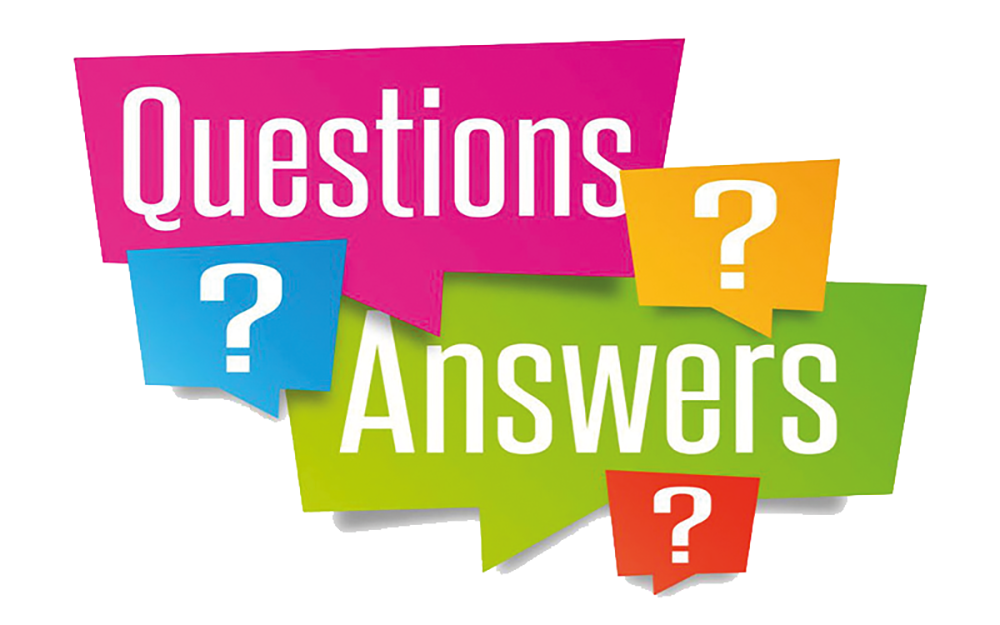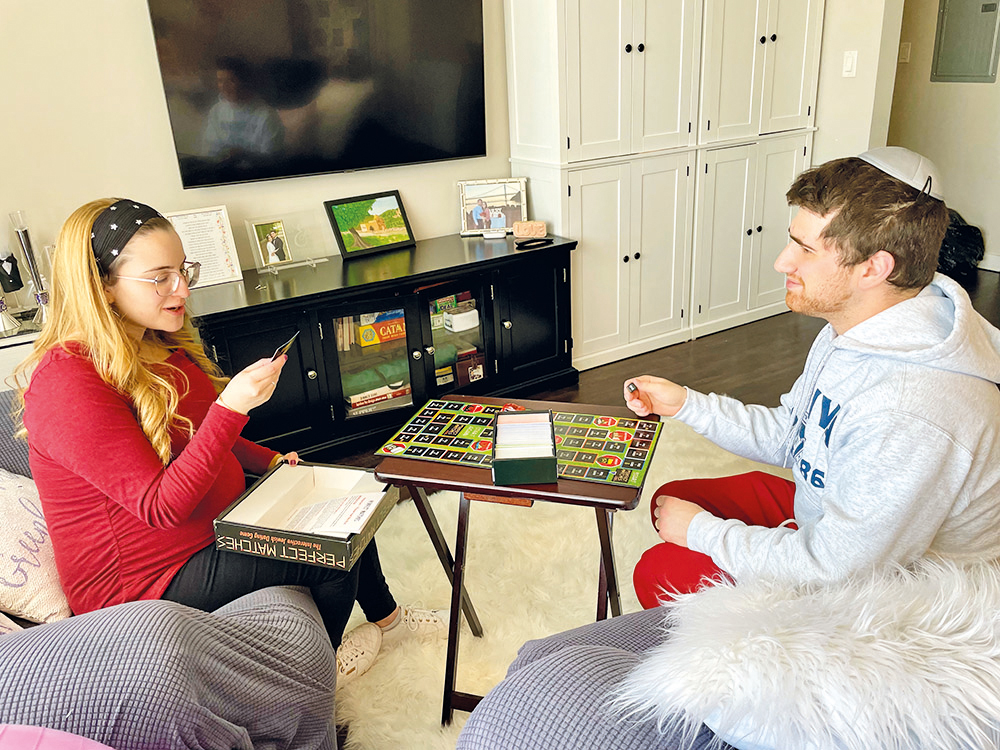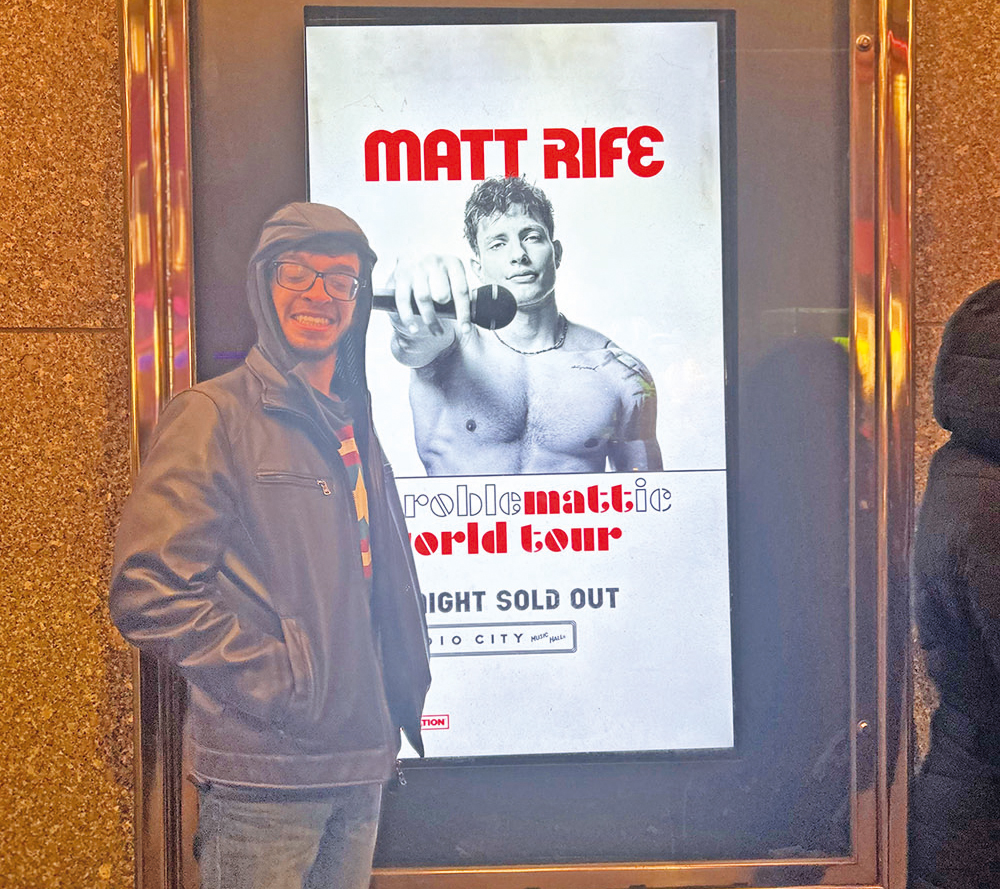
In addition to my work at Congregation Shomrei Torah, I had the privilege of being a middle school rebbe for several years. One day, in the middle of March, I took my students out for recess and it started to snow. The policy of the school is to not allow students to take their phones out during the day.
One of the students asked, “Rabbi, can I take out my phone for a minute?” I asked him, “Why?”
“I want to check if it is snowing. I have an app on my phone that will tell me that.” All he needed to do was look up to feel the snow on his face; after all, we were standing outside and it was snowing!
I could use this story (and countless others) to highlight the importance of healthy monitoring of cell phone use for our children and the dangers of having a phone near you all day. I could share with you the myriad studies that have expressed these concerns and many more. But I would be missing the point. It is easy to be distracted these days; how then do we stay connected to what matters the most?
How do we connect with our children? How do we utilize real facetime with them? We are busier than ever before. With both spouses working, Sundays spent juggling a myriad of responsibilities, we are just getting by during the week. So how do we stay connected? What does the Torah tell us about connections?
What is the closest relationship in the Torah in which we can we say is the paradigm for all relationships? I would argue that it is the relationship between Moshe and Hashem. This relationship is unique in many ways; in fact, the Rambam lists four ways that the communication between Moshe and Hashem was unique, based on pesukim found at the end of Parshat Beha’alotcha.
- 1. When referring to the relationship between Moshe and Hashem, the pasuk in Beha’alotcha states “Mouth to mouth do I speak to him, in a clear vision and not in riddles.”
- 2. All other prophets receive their prophecy in their sleep, whereas Moshe Rabbeinu was fully awake, alert and attentive.
- 3. All other prophets were completely overwhelmed and terrified by the experience of prophecy, and accordingly felt as though they were on the verge of death. Moshe Rabbeinu felt close and connected to Hashem. As the pasuk states, “Hashem would speak to Moshe face to face, as a man would speak with his fellow.”
- 4. No other prophet could initiate prophecy. Moshe Rabbeinu could initiate prophecy at any time. Here too the proof is in the text from this week’s parsha: “Stand and I will hear what Hashem will command you.”
In addition to highlighting to us the unique aspects of prophecy that Moshe had with the Ribbono Shel Olam, Rambam is teaching us a life lesson for all of our relationships. Within these four examples there is the playbook for positive communication within our relationships. If we want to know how to model positive communication, follow this paradigm.
First, speak clearly. Communicate a complete thought. Second, fully engage with the person you are talking to without any distractions. Third, the person we are communicating with should feel love, closeness and a sense of connection. Never should there be fear or hesitation. Last, open up lines of communication. Your loved ones should be able to speak with you whenever they want or need to and feel listened to.
We live in a time where most of us, instead of looking up and around at the “snow,” will choose to look at the screen instead. The research is staggering and scary. While technology is not going away, I believe we have part of the solution already at our disposal—Shabbos and Yom Tov. Sure, there is an urge to get that nap in, but we must recognize that Shabbos meals are opportunities to engage with our families in a deep and meaningful way. In addition to ensuring that all the food is bought and prepared, we must prepare to ensure that our Shabbatot and Yamim Tovim are engaging, fun and positive experiences. Think of games and thoughtful questions that will allow your family and friends to reflect, discuss and be heard at the Shabbos and Yom Tov table. Many of us are so good at doing this at the Pesach Seder, so why not the rest of the year?
Yes, we are busier than ever before (or at least we like to say we are). It is because of this that I believe Shabbos and Yom Tov have become that much more relevant for the 21st-century Jew. As we approach this three-day Yom Tov, let us put into practice what we learn from the relationship between Hashem and Moshe. Hopefully, our children will learn to experience “snow” for what it is. But at least let’s give them the time they deserve while we have them.
By Rabbi Andrew Markowitz
Rabbi Andrew Markowitz is the associate rabbi of Congregation Shomrei Torah and is a rebbe at Bruriah High School.













